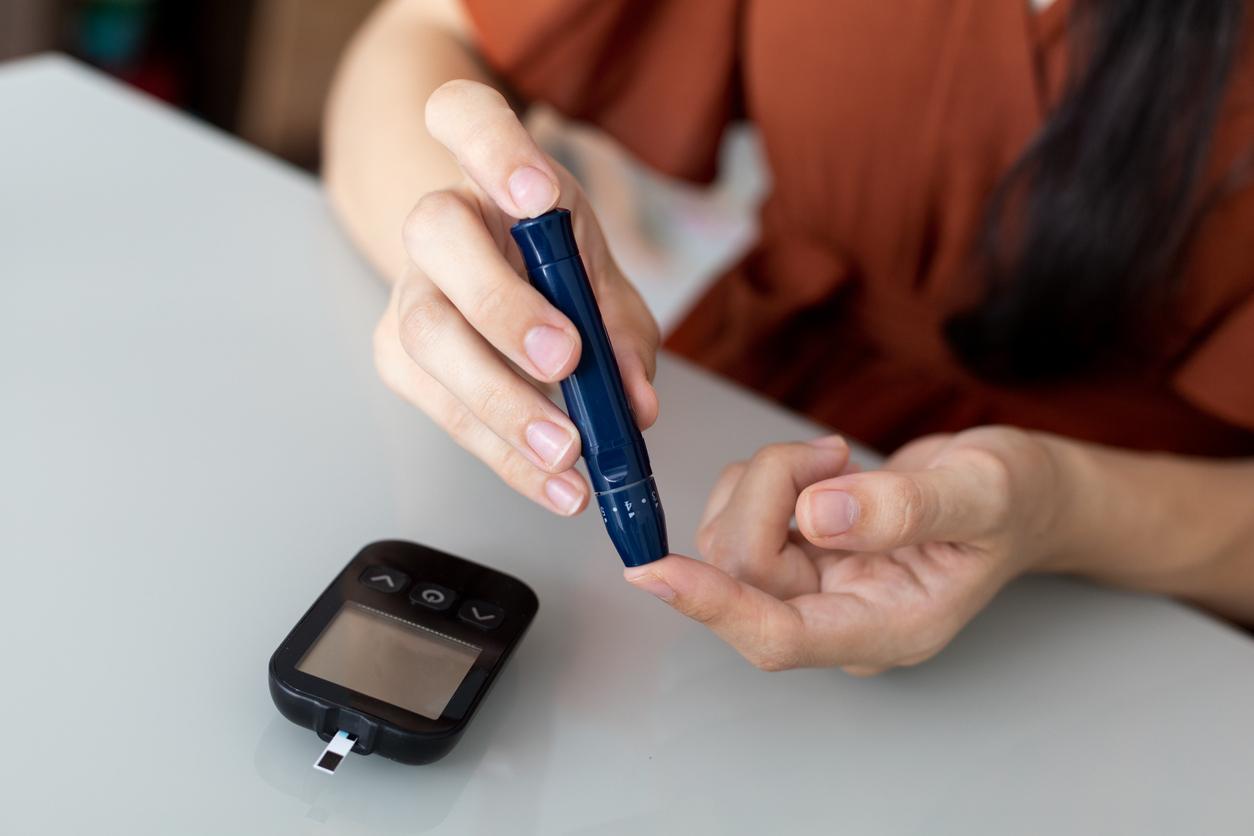Causes, treatments, management… Research is progressing in the field of diabetes. As part of a new series dedicated to this disease, Why Doctor collected the words of Anne-Laure Borel, endocrinologist at the Center Spécialisé de l’Obésité Grenoble-Arc Alpin (CSO), who brought to light a association between jet lag and the onset of diabetes.

- More than 4.5 million people in France have diabetes, but about 1 million of them are unaware of it.
- Diabetes is “one of the world’s leading killers”, along with high blood pressure and smoking, according to the World Health Organization (WHO).
– Why doctor – You have studied the repercussions of jet lag (or “social jet lag”) on diabetes. How is this an interesting issue?
Anne-Laure Borel This is a fascinating subject, because we have a relatively recent awareness of the impact of the quality of our nights and our sleep habits on our health, and in particular on the risks of developing metabolic diseases (obesity, diabetes, high blood pressure).
– What sleeping habits can trigger diabetes?
First, it is established that sleeping too short (less than 7 hours, editor’s note) can trigger weight gain, and therefore diabetes.
Second, people who go to bed late and get up late are also more likely to develop diabetes. Indeed, late chronotypes tend to be thwarted by active life (taking the children to school, going to work, etc.), which causes them to accumulate a sleep debt during the week. To catch up, they naturally sleep more on weekends, and this change in pace is a risk factor for diabetes, again via potential weight gain.
– Why do some people go to bed early and others go to bed late?
Differences in chronotypes are primarily due to genetics and social or professional life. Age can also influence our sleep habits: teenagers tend to go to bed and get up later, while older people go to bed earlier and are generally early risers. Finally, men are more likely to be late chronotypes than women.
– Does working at night increase the risk of diabetes?
Yes. It’s not inevitable, but night workers are more likely to develop metabolic diseases and certain cancers. Knowing that our society produces more and more night workers, this is a subject that we must be concerned about, including in terms of labor law.
– Even in the long term, the body cannot adapt without consequences to night work?
You can get used to it, but it will always have an impact on the organism, because we are diurnal animals. Our body is built to function during the day, by synchronizing with the environment via multiple entry points, such as the retina or body temperature for example.
– Can people who travel a lot, and therefore suffer from jet lag repeatedly, also develop diabetes?
I could not answer you with certainty, studies in support. But the “social jet lag” becomes deleterious when it exceeds an hour. By similarity, one could imagine that someone who travels a lot actually has a higher risk of developing diabetes.
– What would you recommend to all those who suffer from “social jet lag”?
If a “night owl / late riser” finds a flexible employer, I would advise him to adapt his working hours according to the time when he goes to bed and gets up naturally (with this in mind, I think that it would be interesting to start classes later for teenagers).
Otherwise, I advise late chronotypes to get into sleep conditions early enough, to fall asleep as late as possible and thus accumulate as little sleep debt as possible. This consists of cutting off with work (I am thinking particularly here of teleworkers), going to bed, turning off screens and lights, being silent, etc.
.
















